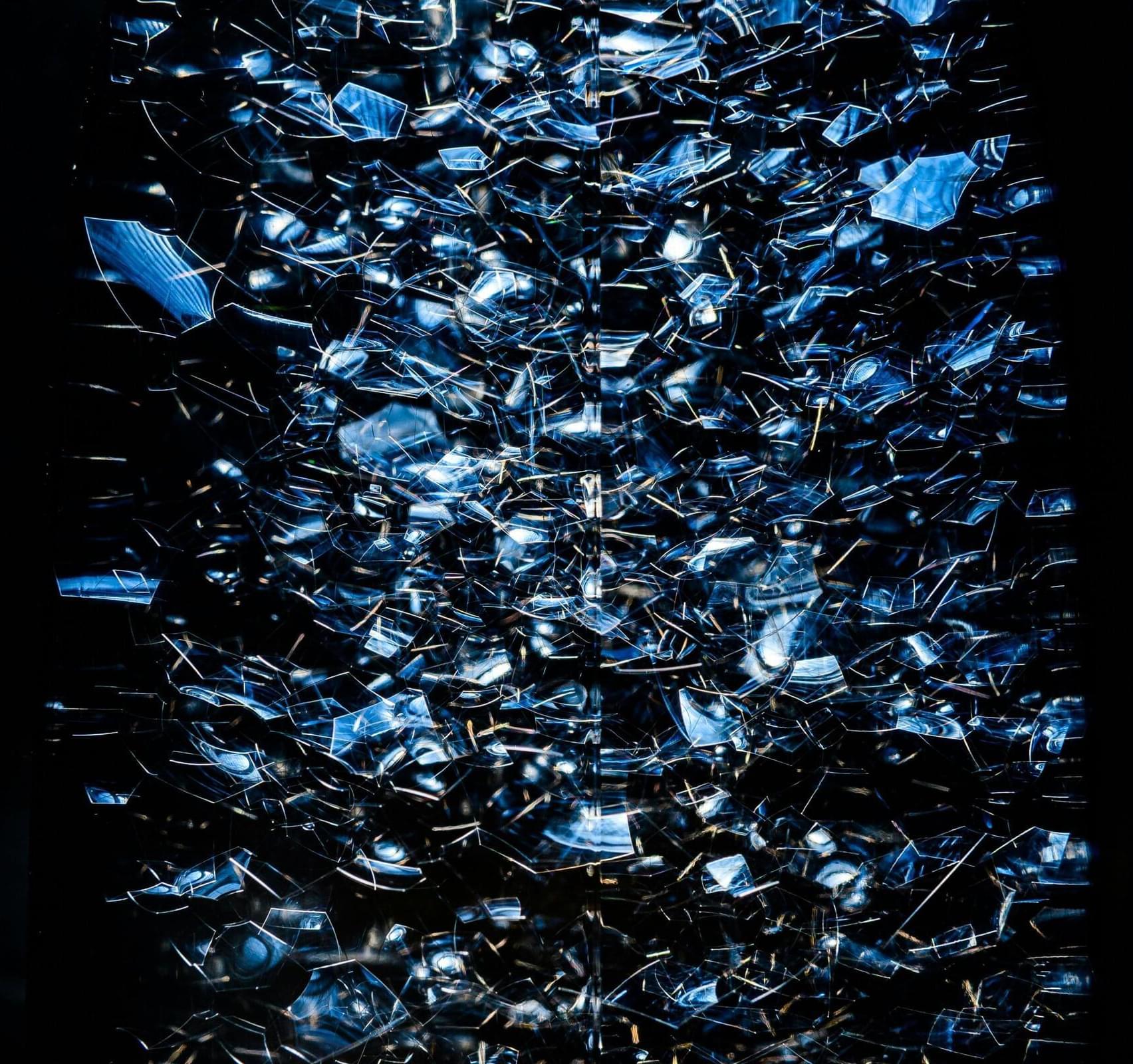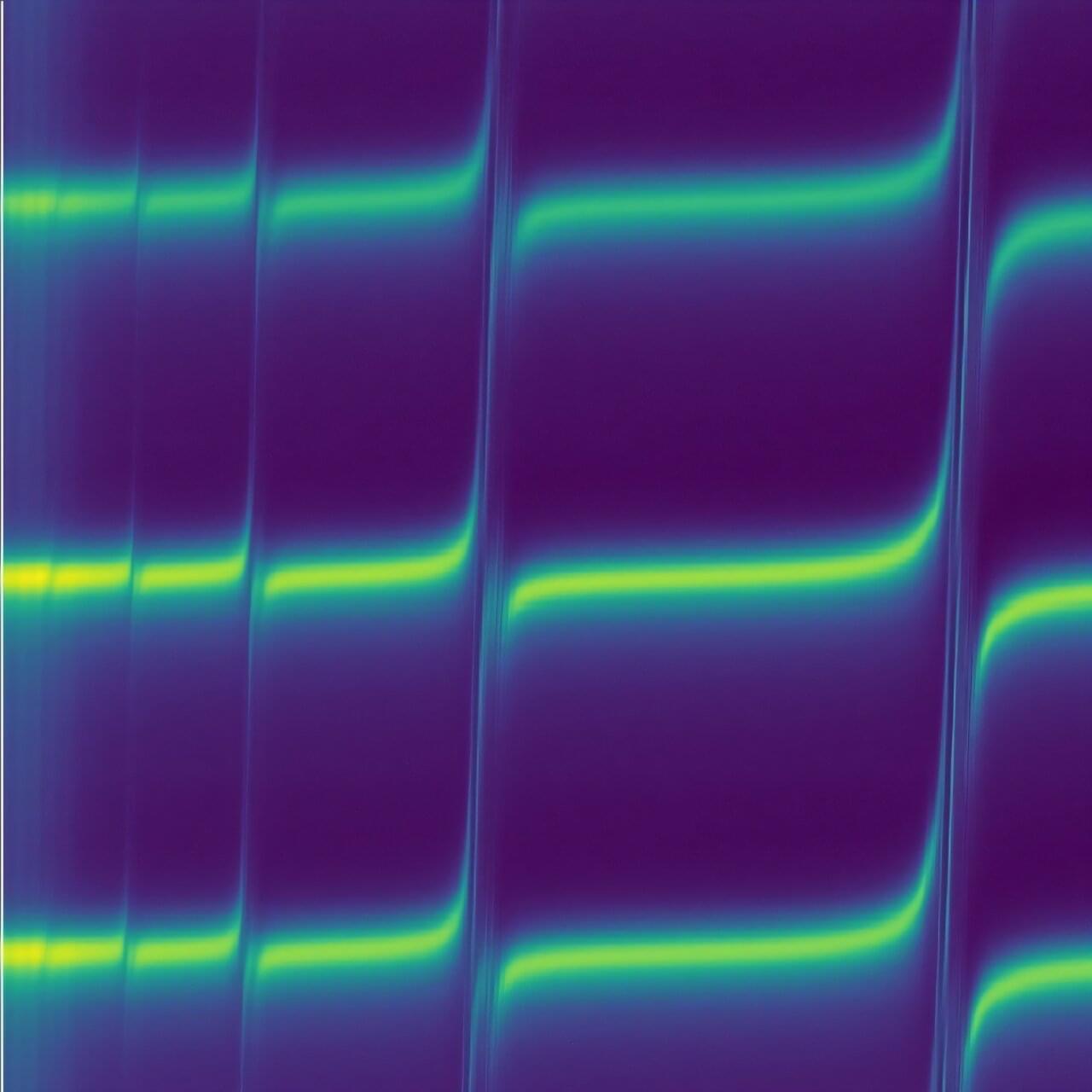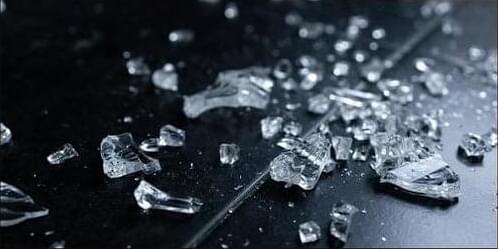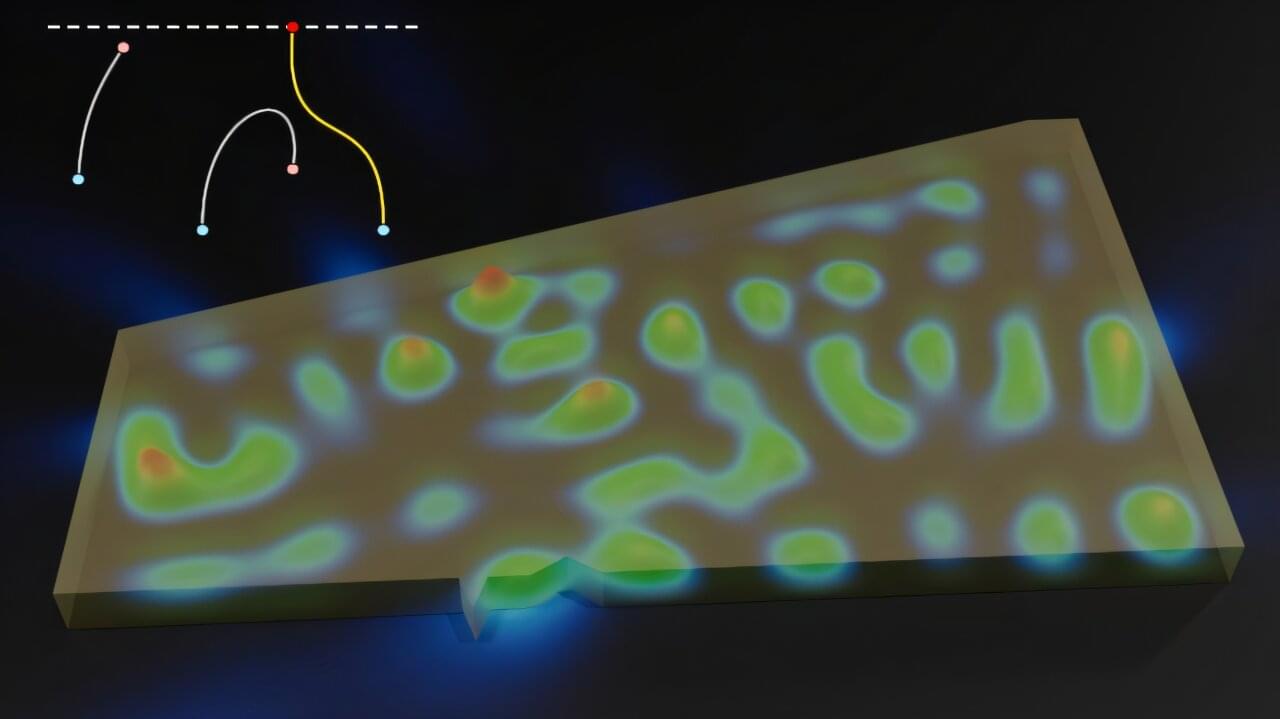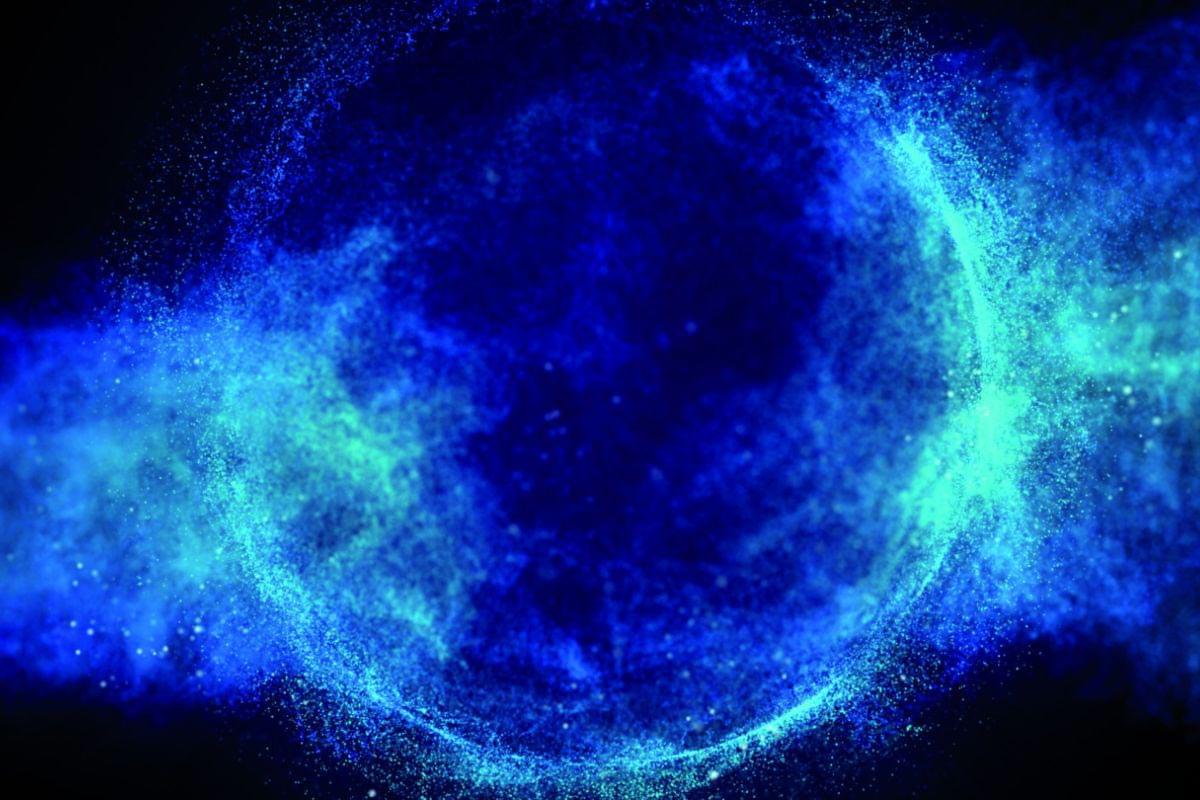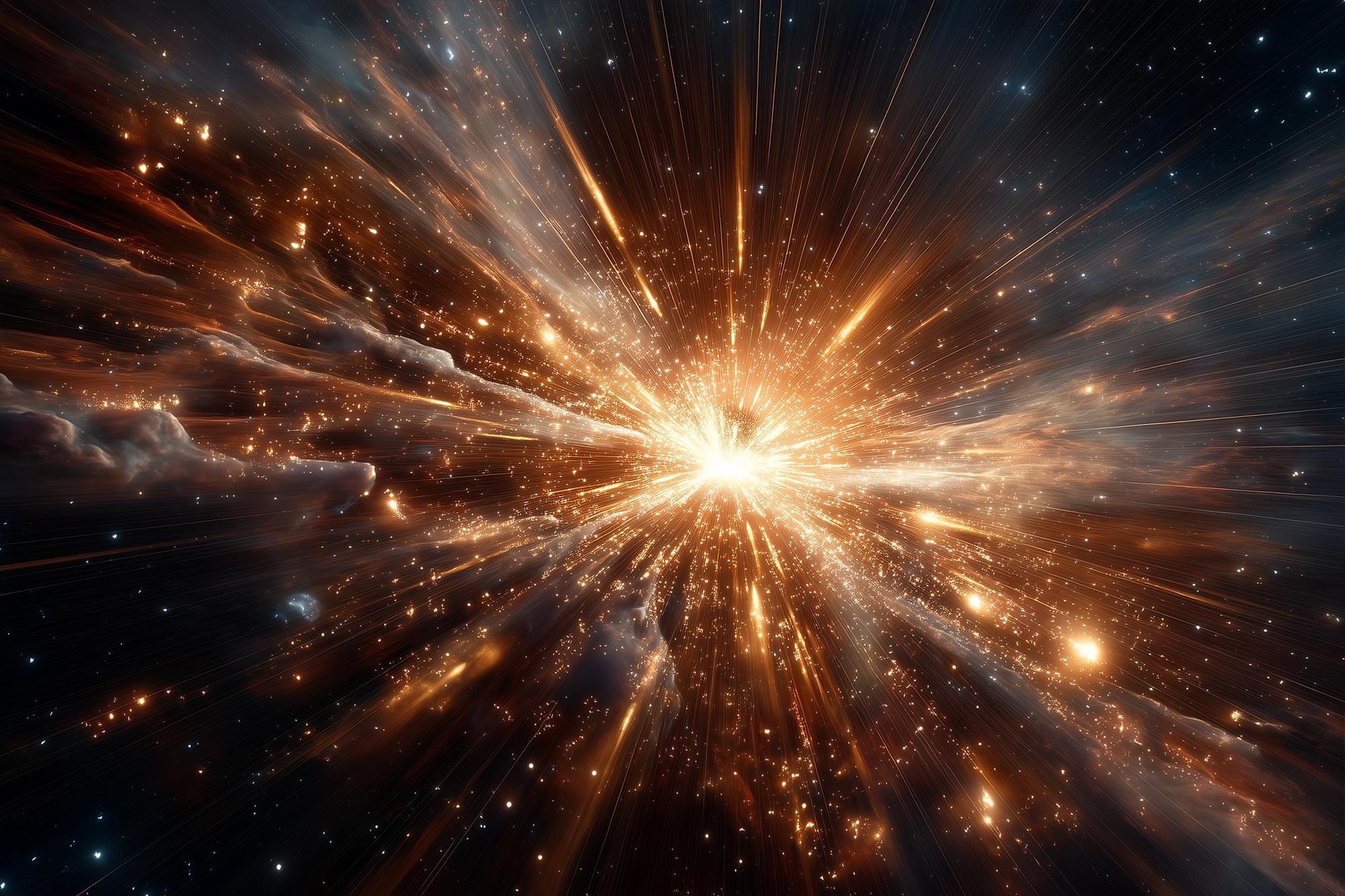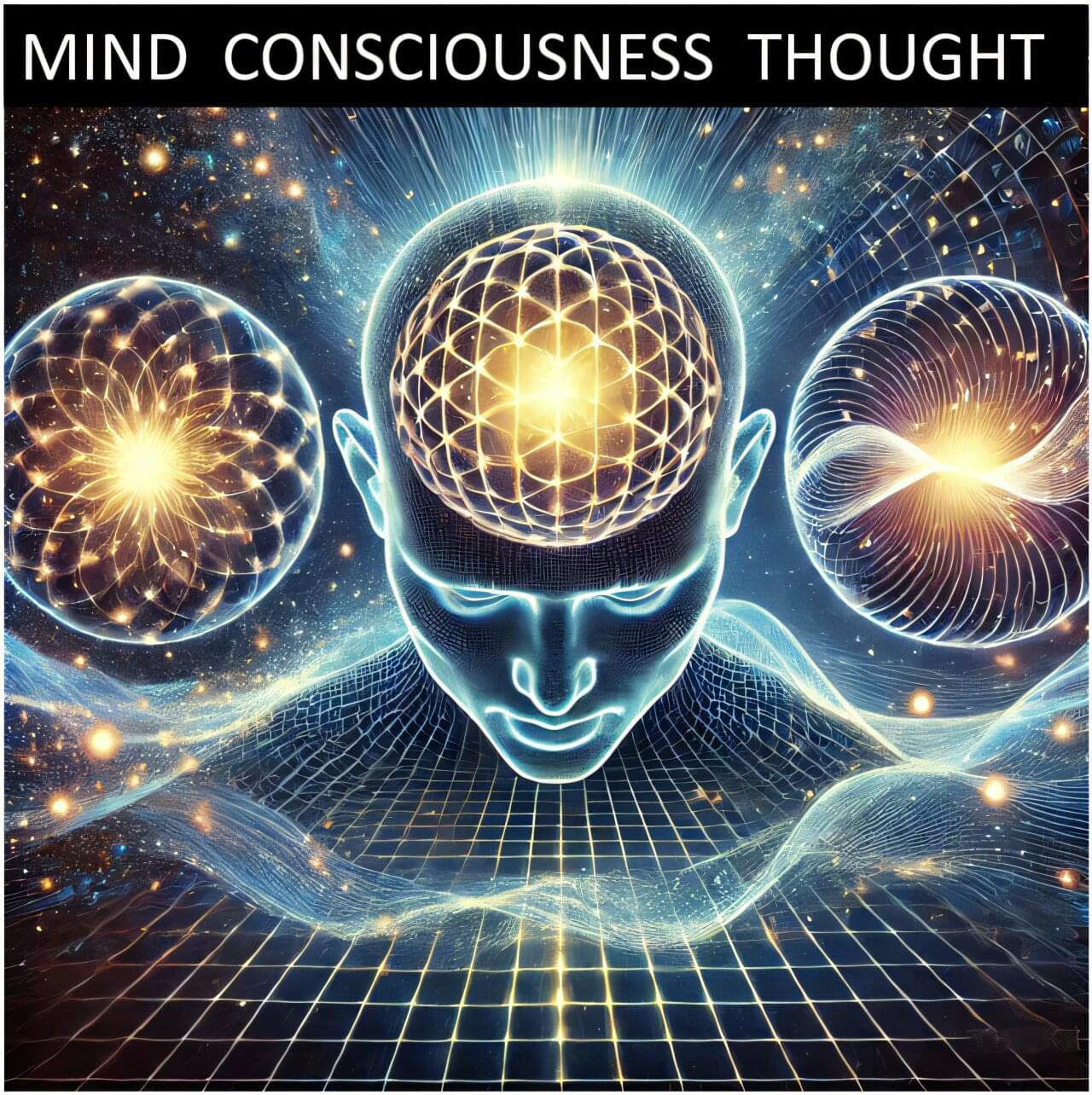Heraclitus famously argued that you can’t step into the same river twice. Here, philosopher JB Manchak argues that the whole universe is like that – and that such a universe has some interesting knock-on consequences. One being that although one can add more structure to a Heraclitus spacetime – by adding a big sign saying “here is the centre of the universe!” What one can’t do, Manchak argues, is reduce symmetries in a Heraclitus spacetime by adding such a sign. To illustrate the point, imagine the universe is a giant puzzle in which each event in space and time is a piece. In a non-Heraclitus universe, some pieces would be able to fit in several places. But in a Heraclitus universe, Manchak argues, there is exactly only one way to put the puzzle pieces of the universe together.
The ancient Greek philosopher Heraclitus is known for his theory of constant flux: “It is not possible to step twice into the same river.” It turns out that one can explore this idea within the context of Einstein’s general relativity. A four-dimensional “Heraclitus spacetime” is a model of the universe in which no two events have the same structure. This means that such models exhibit a radical type of spacetime asymmetry.
In what follows, I will first introduce the notion of Heraclitus spacetime within general relativity. To do this, a few basic definitions will be needed as well as a related discussion of spacetime symmetries. Next, I will highlight a curious result: if a model universe has the Heraclitus property, then its local structure completely fixes its global structure as well. In other words, bits of information encoded at each event allow one to piece together what the universe is like in its entirety (e.g. its shape). Finally, I will sketch a way in which the radical asymmetry present in a Heraclitus spacetime can be used to clarify a number of other topics in the philosophy of spacetime physics.
